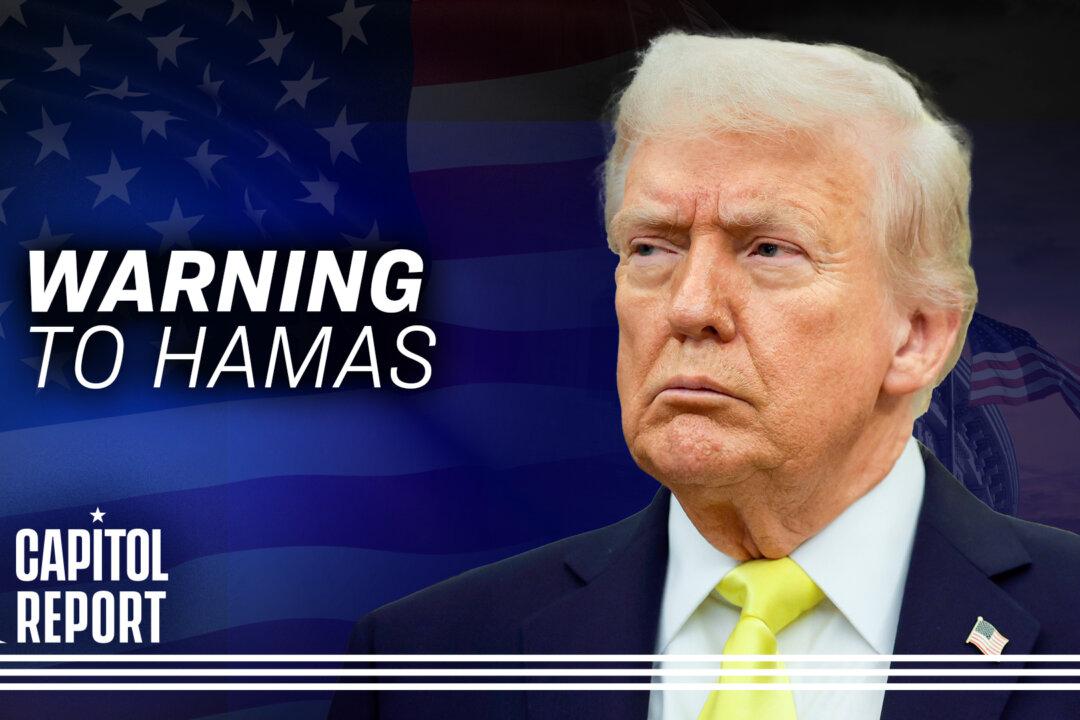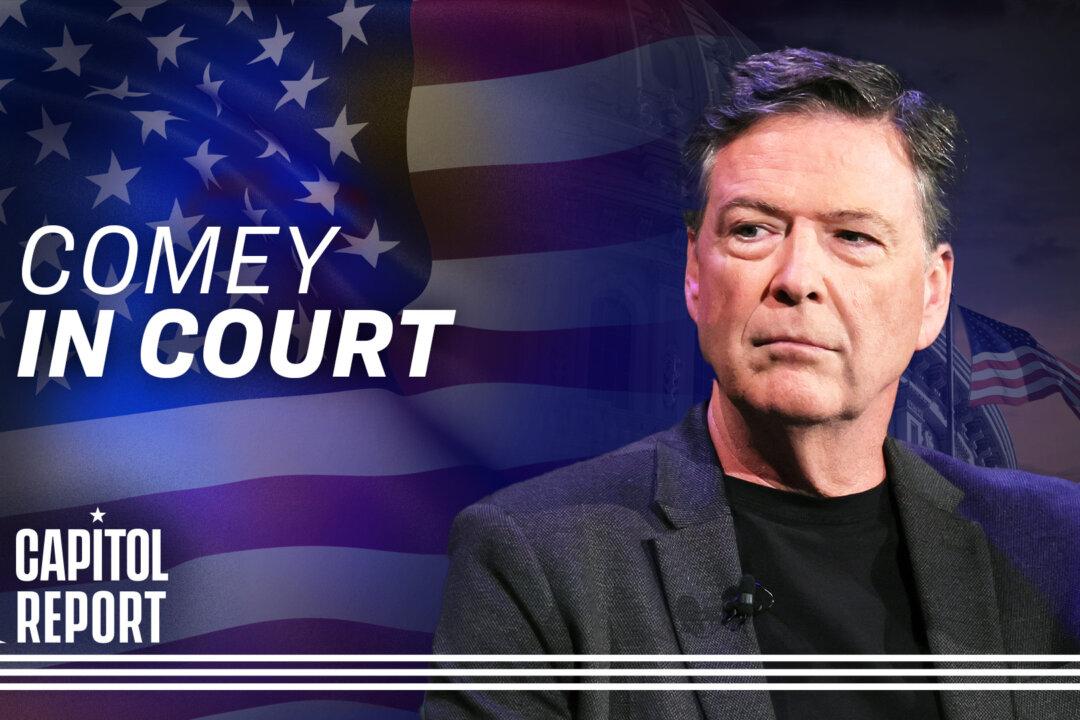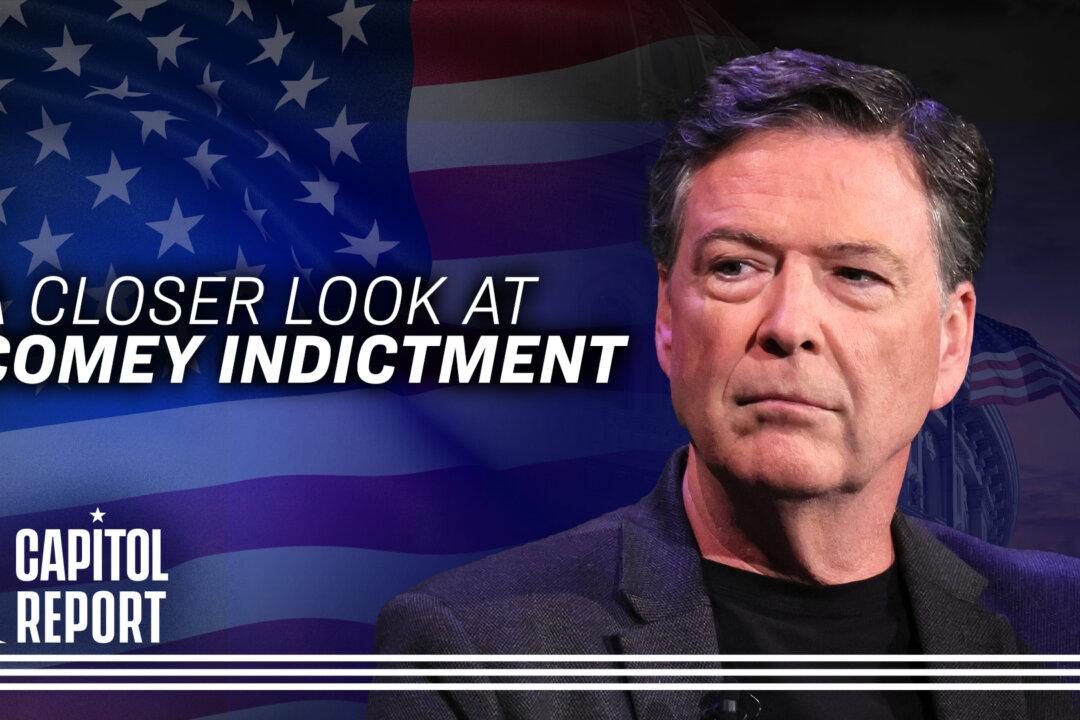Amnesty International has reviewed and confirmed videographic evidence that police in Hong Kong had employed “unnecessary and excessive use of force” to disperse protesters on June 12 who opposed a controversial extradition bill, according to a report released by the U.S.-based human rights group on June 21.
Hong Kong citizens have for the past two weeks taken to the streets to protest proposed amendments to the city’s extradition laws that would allow criminal suspects to be extradited to and trialed in mainland China, where critics say, an opaque judicial system could punish individuals on trumped-up charges.





